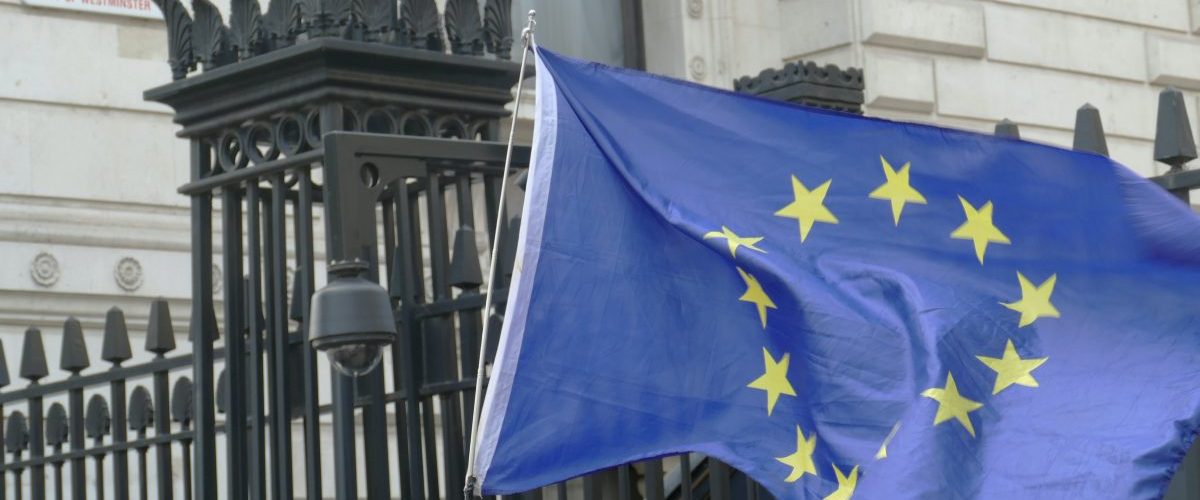- Non-resident digital economy businesses must register for, collect, and remit VAT if they sell electronically supplied services, sell imported goods valued at less than €150 to final consumers in the EU, sell goods within the EU to final consumers in the EU, or act as a platform facilitating these transactions.
- Live-streamed events will also be subject to these requirements starting from 1 January 2025. Some EU Member States may require non-EU businesses providing any type of services to final consumers in their jurisdiction to comply with their VAT requirements.
- EU payment service providers will be required to transmit information on cross-border payments and the payee to the administrations of the Member States effective from 1 January 2024.
- The information will be centralized in a European database called CESOP and made available to anti-VAT fraud experts of Member States via a network called Eurofisc. The reporting obligation will occur quarterly, starting from Q1 2024.
Source KPMG
Latest Posts in "European Union"
- ECJ to Decide if Free Tooling Provision Is a Taxable Supply of Services for VAT Purposes
- Advocate-General: Transfer Pricing Adjustments for Intra-Group Goods Likely Subject to VAT Compliance
- Transfer Pricing Adjustments Affect VAT Only if They Alter Agreed Transaction Price Between Parties
- A-G CJEU: Transfer Pricing Adjustments Are VAT Price Corrections for Previous Sales, Not Services
- AG Kokott: Transfer Pricing Adjustments Affect VAT Only if They Change Consideration, Not Just Profit Allocation














